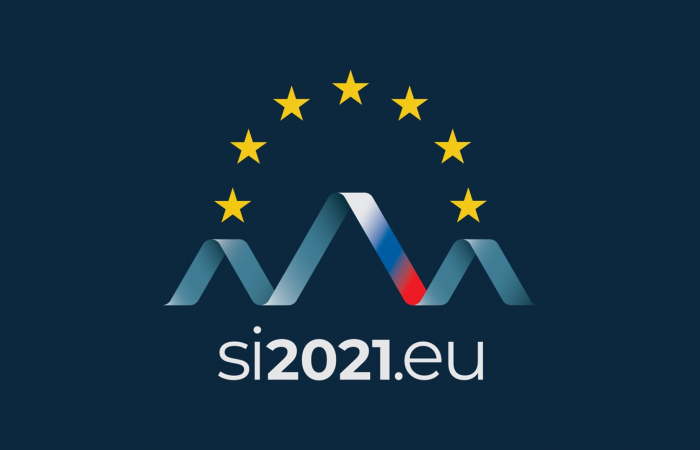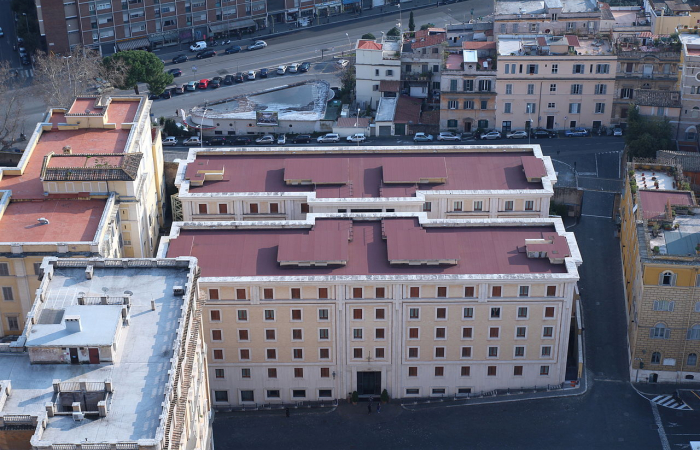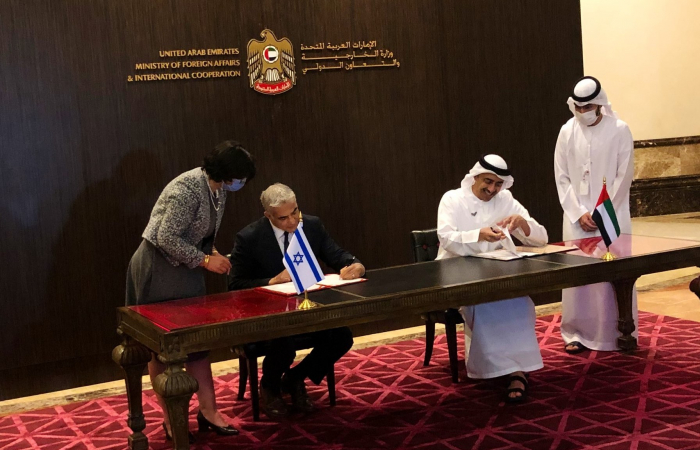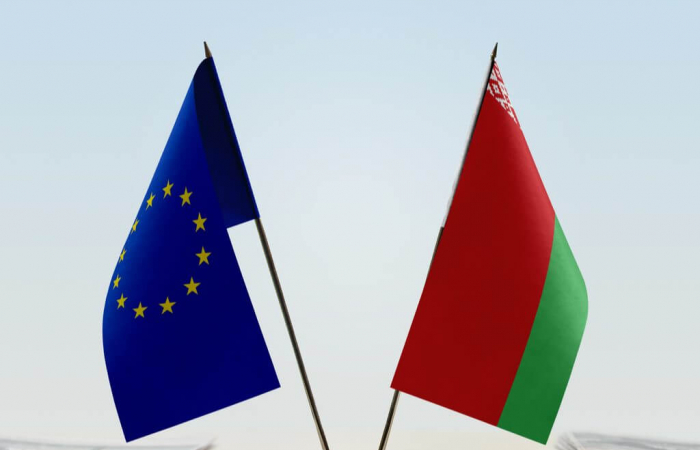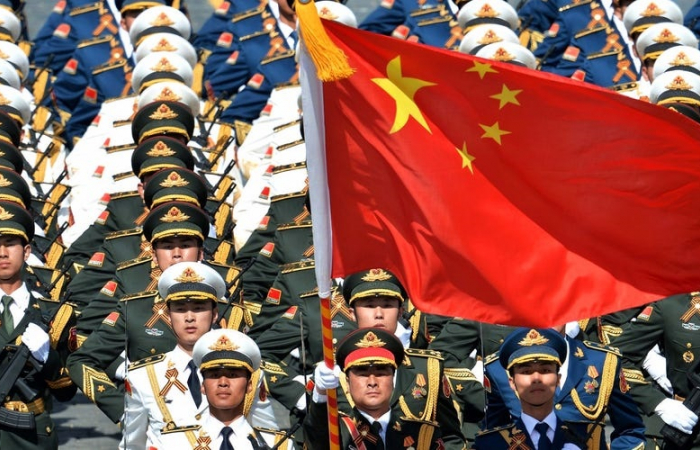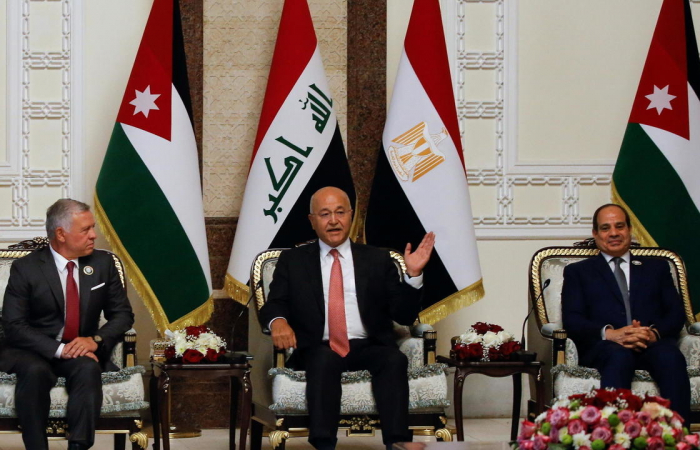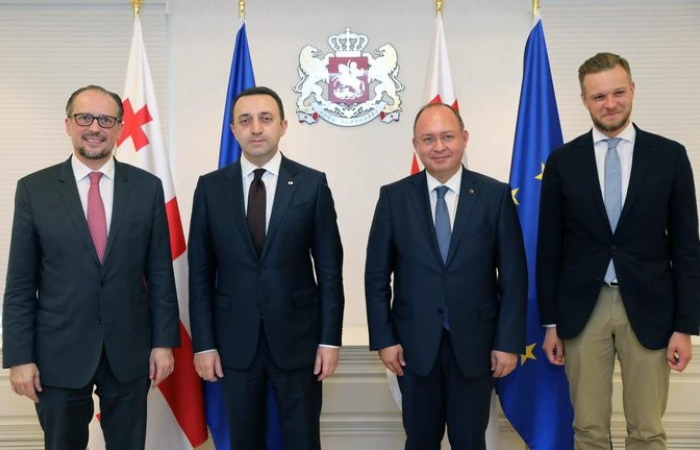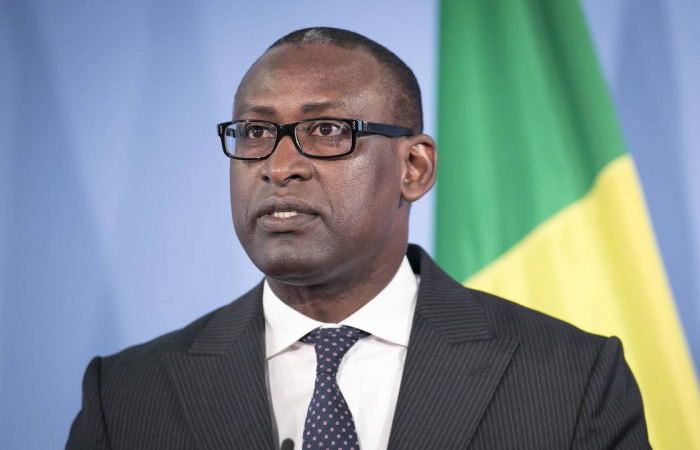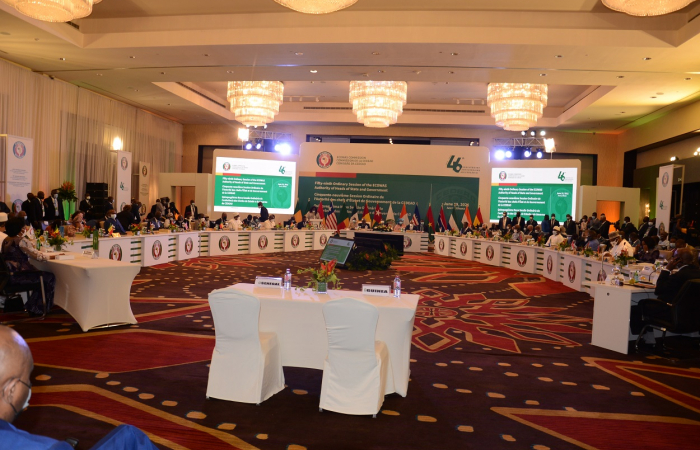Trending
Rubio plans to visit all five Central Asian countries as Trump hosts their leaders in Washington
6 November 2025
US Secretary of State Marco Rubio said on Wednesday 5th November that he planned to visit the five Central Asian countries in the coming year, as he met their foreign ministers as part of a Trump administration charm offensive aimed at the resource-rich region. The presidents of Kazakhstan, Kyrgyzstan, Tajikistan, Turkmenistan and Uzbekistan are set to meet US President Donald Trump in Washington on 6th November for talks that are likely to include discussions of rare earths minerals and other resources in the Central Asian nations.





